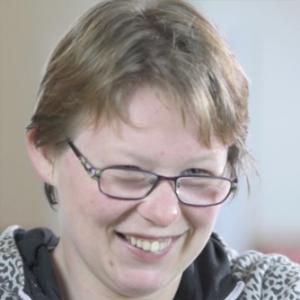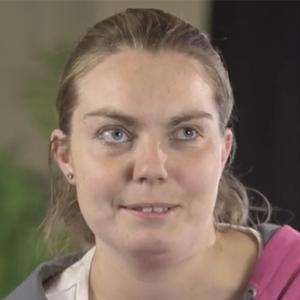
Kayla
"It's not good to be bullied by anyone. No matter how different you are you've always got to be treated with respect."

Peter
"I did save a friend of mine. I did save her from a bully at school. I just told the bully not to do mean things to her and so they stopped doing them."

Jessica
"The girls wouldn't let me hang out with them... I was on my own pretty much and doing my own thing... and they would be mean... thats why I didn't stay. I couldn't handle everyone being mean."
Showing respect and kindness to each other is essential in inclusive schools and communities. In Aotearoa New Zealand an ethic of care is embodied within the Maori cultural concept and practices of manaakitanga.
When teachers and students form reciprocal relationships based on respect, the classroom environment feels positive and safe and that supports collaboration and learning. Sometimes in spaces outside of the classroom such as in the playground or on the bus, students don’t feel safe. Research into the school experiences of disabled students’ often identifies bullying, exclusion and difficulties finding friends at school as big problems for disabled students. Many of the people in this project have friends who make a big difference in their lives. Some of people in this project have been bullied and have struggled to cope at school when other children have been mean to them.
Bullying is a community issue. It is not about individuals. The New Zealand the Ministry of Education has developed some resources to help schools make their environments safer for all. Follow this link to access the information "Bullying - preventing it and dealing with it".
“Students have a right to education and to be safe at school, and, if they feel unsafe, their education has been compromised just as much as that of the bully who faces a stand-down or suspension” (p. 249).
MacArthur, J., Higgins, N., & Quinlivan, K. (2012). Children's and young people's social participation. S. Carrington, & J. MacArthur, Teaching in Inclusive School Communities, 237-266.
Watch Kayla’s film. Kayla talks about a number of ways that people bullied her when she was at school. This included being bullied on the school bus on her way to and from school. She talks about how small she felt inside when she was being bullied. Bullying is not ok. It affects students and their families.
Think about Kayla sitting on the bus step because no-one would let her sit on a seat. What could change so that no other child has to sit on the step of the bus? How can we work together to make our world safer for all children?
Watch Hamish’s film. He talks about being bullied (yelled at) by a teacher?
Hamish experienced a teacher yelling at him as “very scary”
1. What could you do if an adult is mean to you or if you see an adult being mean or disrespectful to another student?
“…bullying at school is a particular issue for disabled students. A number of recent reports have identified bullying as an issue that must be addressed in a consistent way in all schools if students are to be able to learn in a safe physical and emotional environment.”
Human Rights Commission, (2014, p. 123)
Watch Peter's Video. Peter was bullied at school.
1. How did being bullied make Peter feel?
He used his experience of being bullied to stand up for one of his friends. He saw that his friend was not able to cope and he helped him out. He confronted the bully. When Peter stood up for his friend the bullying stopped. Sometimes the little things we do can help our friends who are being bullied. Sometimes we need adult help or sometimes, like Peter, we can solve bullying issues on our own.
2. Who can help us if we are being bullied?
3. How can they help us?